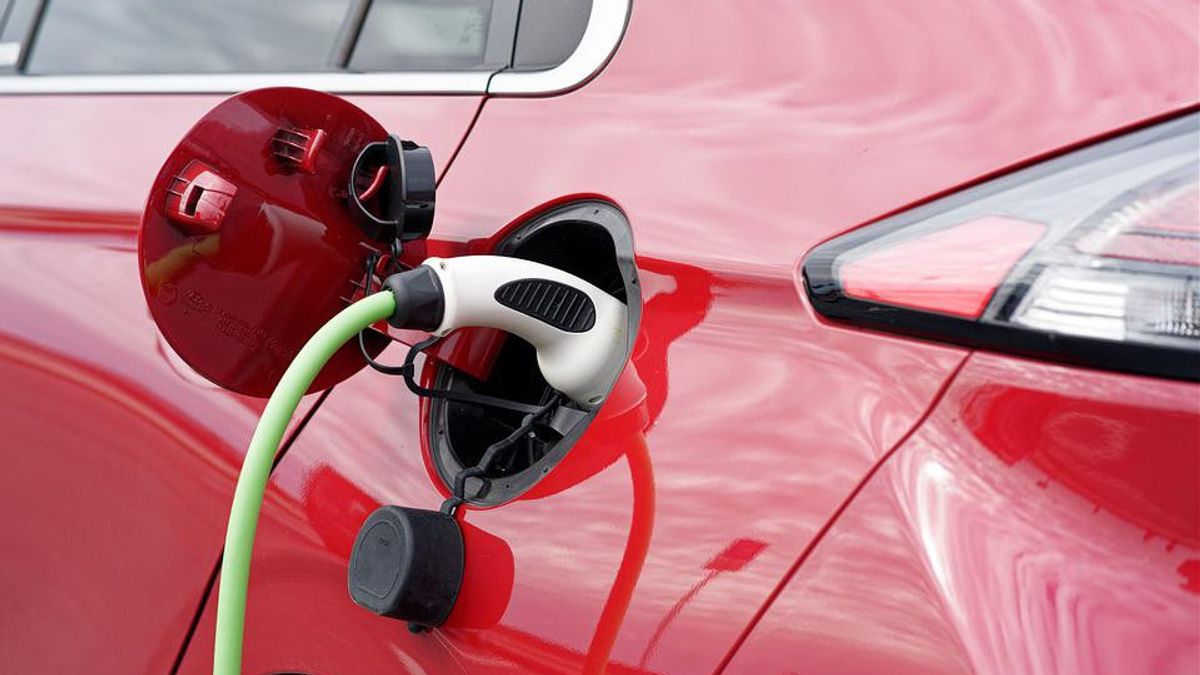JAKARTA - German industrial giant Siemens AG has now invested more than 100 million US dollars (Rp 1.4 trillion) in Volkswagen AG's unit, Electrify America, to become the first outside investor in the electric vehicle charging station network in North America.
According to sources at the company, the investment includes new funding from parent Volkswagen, which will see its Electrify America unit receive a total injection of $450 million.
"Our partnership at Electrify America is part of a much larger investment that Siemens is making in the electrification market," said John DeBoer, head of Siemens' North America e-mobility unit.
Electrify America was founded by VW in 2017 with a 10-year investment commitment of US$2 billion (Rp. 29.6 trillion) after the diesel emissions cheating scandal that hit the German automaker.
The two companies did not specify the exact amount of each other's contribution to the latest investment in charging stations for electric vehicles, other than saying that Siemens' stake was more than $100 million. A source even said that Siemens' investment stake reached 250 million US dollars (Rp 3.7 trillion).
Siemens, which invests through its financing arm, Siemens Financial Services, will be a minority investor with a seat on the Electrify America board.
In an interview, Giovanni Palazzo, President and CEO of Electrify America, said the company still plans to double its charging infrastructure to 1,800 charging stations and more than 10,000 fast chargers by 2026.
Electrify America has EV charging partnerships with various vehicle manufacturers outside the Volkswagen Group, including Ford Motor Co, Hyundai/Kia, BMW, Mercedes-Benz, Geely Automobile Volvo and Polestar, and Tesla rival Lucid.
According to investor website PitchBook, Siemens, which builds charging stations for commercial fleets and other customers, has invested in several electrification companies, including Swedish battery startup Northvolt and wireless charging startup WiTricity, as well as Electrify America's competitor ChargePoint.
This massive investment in EV charging stations in the US marks the seriousness of the US government to continue to develop electric vehicle production. Moreover, US president Joe Biden has set a non-binding target to make half of all new US vehicles sold by 2030 be electric vehicles, fuel cell vehicles or plug-in hybrids.
Seeing that this collaboration does not include Tesla, the car manufacturer owned by Elon Musk must be careful to face the onslaught of electric vehicles from competing brands that will be harder and sharper in the coming years.
The English, Chinese, Japanese, Arabic, and French versions are automatically generated by the AI. So there may still be inaccuracies in translating, please always see Indonesian as our main language. (system supported by DigitalSiber.id)













